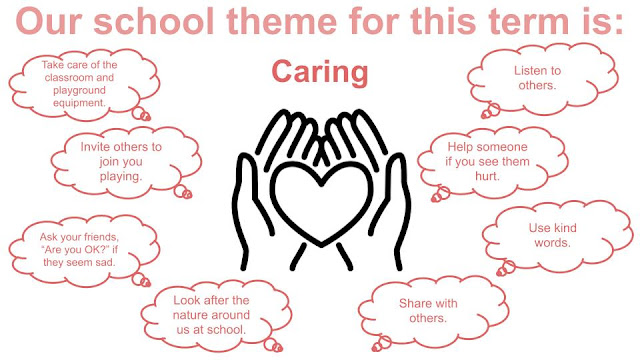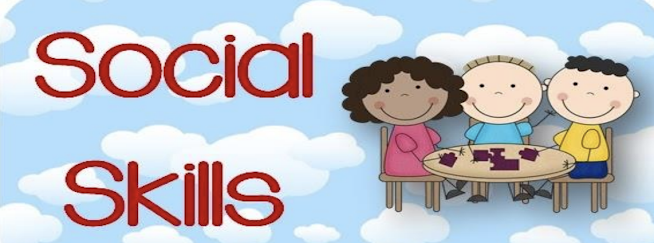IB PYP Terminology: Learner Profile 'Reflective'

Helping Your Child Develop Reflective Skills Students who are reflective take thoughtful consideration of their own learning and experiences. They assess and understand their strengths and limitations, which helps support their learning and personal development. Reflective students make positive differences in their own lives, which in turn positively impact the lives of others. You can help your child become more reflective at home by trying these strategies: Encourage Reflective Thinking: Prompt your child to pause and think throughout the day by asking them reflective questions, such as: Is what I’m doing appropriate? If so, why? If not, how can I improve? How can I change my behavior? What are positive ways to make changes? Is this situation positive? If not, how can I make it better? Am I doing my best and working my hardest? What do I notice others doing around me? How do I see myself interacting with others? Am I helping myself grow and learn? What could I do differently, ...





